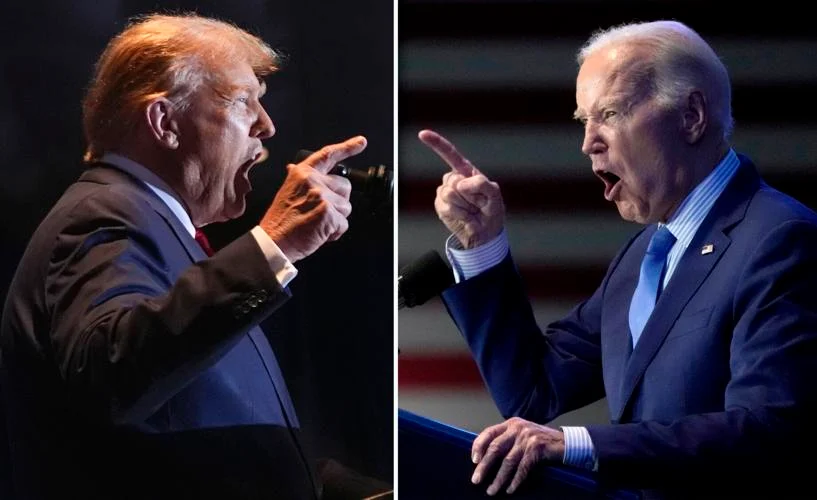As political seasons unfold, few events capture the public’s attention quite like televised debates. These debates are pivotal moments where candidates face off, presenting their platforms and engaging in critical discussions that can sway voter opinions. For those eager to tune in, knowing the exact time and details of such debates is crucial. Here, we explore the significance of these debates and provide insight into what viewers can expect from the upcoming showdown.
The Importance of Election Debates
Election debates serve as a cornerstone of democratic processes, offering voters a direct view of how candidates articulate their policies, handle challenges, and defend their positions on key issues. They provide a platform for candidates to differentiate themselves from their opponents and demonstrate their readiness for leadership.
Timing and Broadcast Information
The timing of election debates can vary based on factors such as the electoral calendar, the number of candidates participating, and the scheduling preferences of organizers. Typically, debates are scheduled during prime-time hours to maximize viewership and impact. Viewers can find specific details, including the exact time and broadcast channels, through official announcements from debate organizers, media outlets, and the candidates’ campaign teams.
Format and Structure
Debates often follow a structured format designed to ensure fairness and provide equal opportunity for candidates to present their viewpoints. Formats may include opening statements, moderated discussions on specific topics, direct exchanges between candidates, and closing remarks. Moderators play a crucial role in maintaining order, posing questions, and ensuring that all participants adhere to the agreed-upon rules.
Anticipated Topics and Issues
The topics covered in election debates typically reflect the most pressing concerns facing voters at the time. These may include but are not limited to:
- Economic Policies: Candidates’ plans for job creation, taxation, and economic growth.
- Healthcare: Approaches to healthcare reform, access to affordable care, and responses to public health challenges.
- Foreign Policy: Strategies for international relations, diplomacy, and national security.
- Social Issues: Positions on civil rights, immigration, climate change, and education.
Expectations and Strategy
Candidates and their teams often prepare extensively for debates, conducting research, mock debates, and refining their messaging to resonate with voters. Debate performances can significantly impact public perception and influence voter preferences, making these events crucial moments in election campaigns.
Viewer Engagement and Analysis
Beyond the live broadcast, debates spark discussions across social media platforms, news outlets, and among voters. Analysis and commentary from political analysts, pundits, and voters themselves contribute to shaping public opinion and understanding the implications of candidates’ statements and positions.
Conclusion
The question “What time is the debate tonight?” underscores the anticipation and significance of election debates in the political process. As viewers prepare to tune in, they can expect an engaging and informative exchange of ideas that will play a pivotal role in shaping electoral outcomes. By staying informed about the timing, format, and issues discussed in these debates, voters can make more informed decisions when casting their ballots. Election night showdowns are not just about candidates vying for votes; they are about the future direction of governance and policies that will impact communities and the nation as a whole.
